
Aquaculture can play an important role in enhancing food security, alleviating poverty and improving nutrition in developing nations and low-income food-deficit countries (LIFDCs). An EU initiative explored methods enabling researchers to understand how aquaculture can promote development.

An EU-funded study on the ways of life of a colonising and farming community of a post-Medieval town can promote our understanding of the recent past. Demographic variables, common diseases and dietary resources are just some of the indicators.

Graffiti is a new-age art form with new meaning for the EU. The digital graffiti platform creates visibility and generates sales for small businesses.

An EU team developed a new understanding of the history and future of coastal regions. The study examined the period between the late Stone Age and early Bronze Age, and developed tools for assessing and managing coastal archaeological sites.
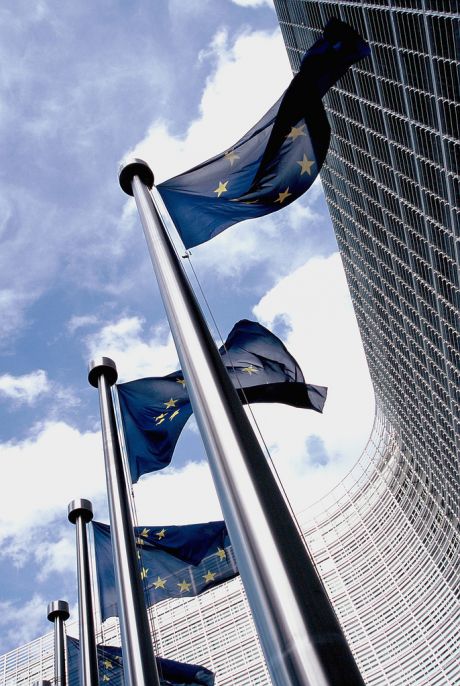
Thanks to an EU initiative, Europe will soon lead the way towards sustainability by supporting both globalisation and sustainable development.
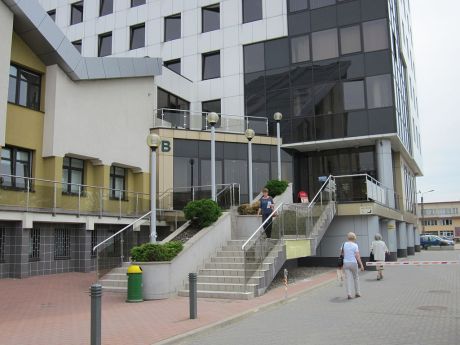
Developed countries are spending more and more on social insurance (SI) policies. EU-funded researchers analysed different innovative SI policies and their welfare benefits to find ways of enhancing them or better still, arrive at more efficient alternatives.
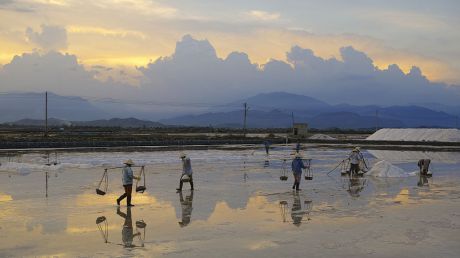
Stronger European research ties with south-east Asia will help both world regions benefit from technologies and solutions related to climate change and resource efficiency.

A study seeks to understand the correlation of when people are most likely to engage in ethical rule violations and cooperation with others.

What spurs universities to create a visual identity and what are the repercussions? A pioneering study seeks to find out.
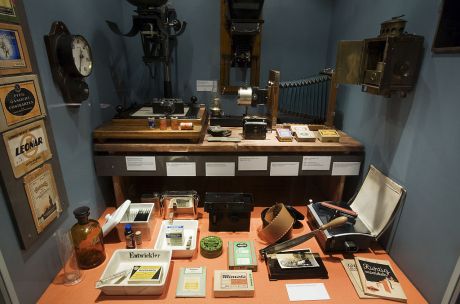
An EU initiative is studying the emergence and transition of prehistoric tool technology.

Two new tools to analyse web addresses promise to help protect web users against malicious internet attacks and fraud.
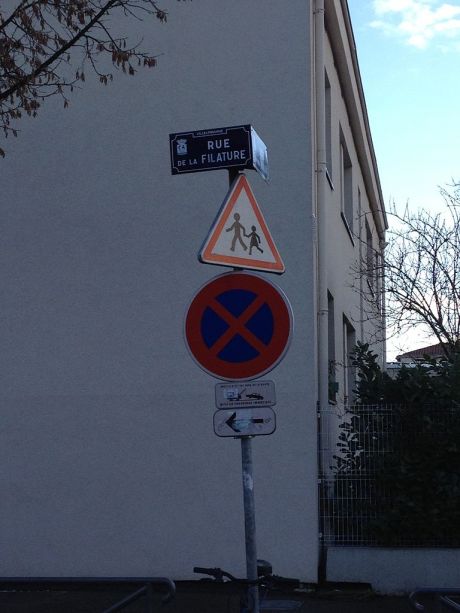
EU-funded research has examined the latent orders (hidden factors in the social structure of groups) that drive urban residential dynamics, looking in particular at group versus individual residential behaviours. The work generates insights into how this impacts private and community housing.

Multidisciplinary research is seeking out an innovative means to understand morality in politics.

Compulsivity, the uncontrollable repetitive urge to enact a particular behaviour, refers to a group of disorders affecting over 10 % of children and adolescents. EU-funded researchers are unravelling the underlying mechanisms to find therapies.

Climate change threatens many aspects of our world, including our cultural heritage. The museums, art and buildings that give Europe its identity must be preserved by mitigating the effects of a changing climate.

The diverse nature of the Seventh Framework Programme (FP7) theme 'Science in Society' (SiS) as well as its range of stakeholders places complex demands on the relevant National Contact Points (NCPs). They need to act across a wide area of policy and policy papers related to the SiS programme and its topics and research areas, as well as FP7 rules and regulations.

EU-funded research has reappraised the role of classical mythology as a figuration of desire in late renaissance and baroque poetry. The work focused mainly on Spanish and Italian texts, but also considered English, French, German and Scandinavian literature.

A technique incorporated in the American and European health care systems, mindfulness meditation enhances concentration and metacognitive monitoring. EU-funded researchers worked on deciphering the underlying neurobiological mechanisms.

Victims play a significant role in an innovative approach to responding to crime that aims to raise awareness for a safer society.

Examining adolescent sleep loss helps uncover important findings of causes and effects in relation to cognitive performance, behaviour, emotional regulation and development.

An EU group is developing a previous project's geothermal heat pump to help reduce European emissions. The team has gathered recommendations, prepared for demonstration and drafted marketing plans to foster consumer acceptance.

Cognitivist approaches to religion can analyse the use of supernatural rhetoric to frame the articulation of moral norms. This is a recurrent topic in literary, intellectual and political discourses.

Misregulation of alternative splicing (AS) is linked to human hereditary disease and possibly cancer. An EU project focuses on understanding the link between AS regulation and RNA polymerase II (Pol II).

Researchers studied dynamic complexity challenges and how they often overwhelm decision makers. Behind this enormous challenge lay the inadequacy of our intuitive skills in coping with complex dynamic decision-making situations.

An EU study considered protection of cultural heritage in terms of the Faro-Convention as applied in Kosovo. Through development of a methodology, the group examined the realities of how local people interact with and value such conventions.






















